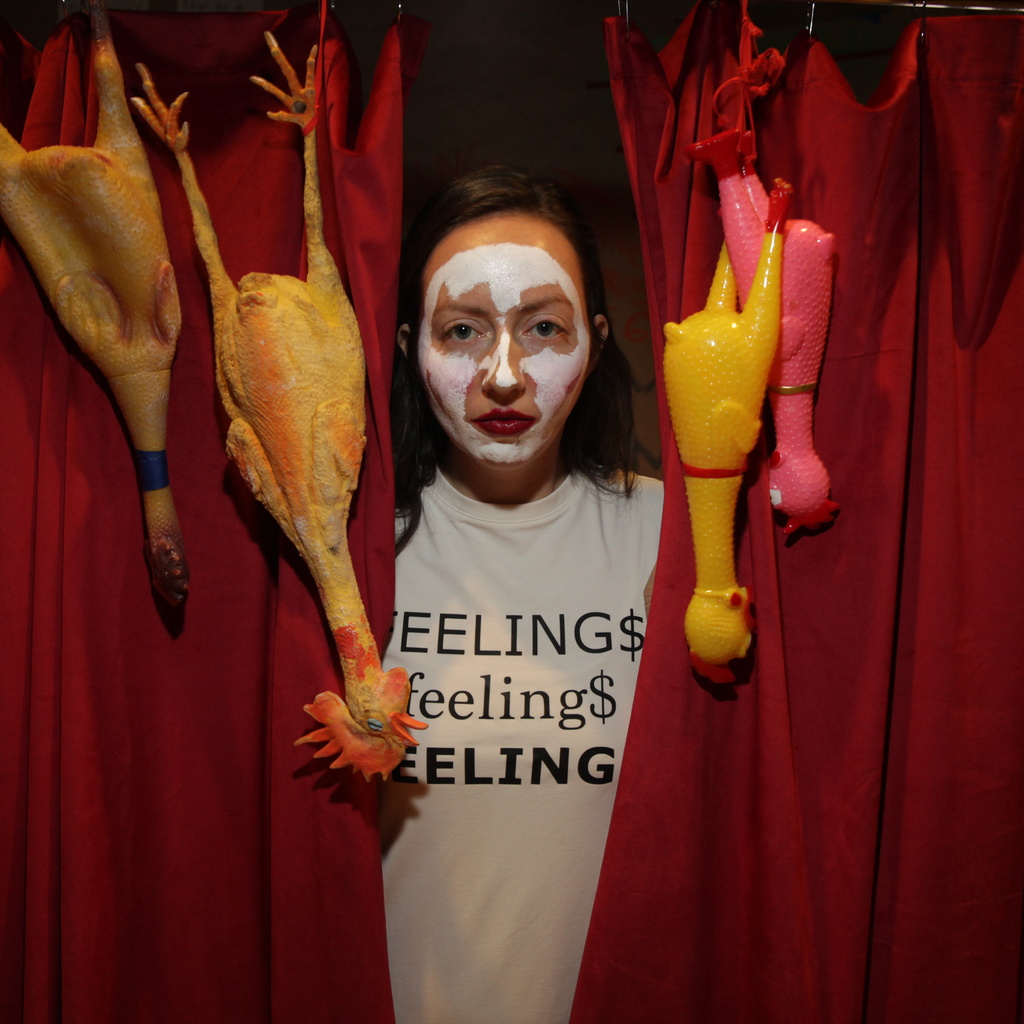A “hilarious, finely tuned absurdist” (Theatre Jones), Alex Tatarsky makes performances in the uncomfortable in-between zone of comedy, dance-theater, performance art, and deluded…
On Clowns, Magic, Dirt, Decay: Artist Talk with Alex Tatarsky | Performing Arts at Iowa
